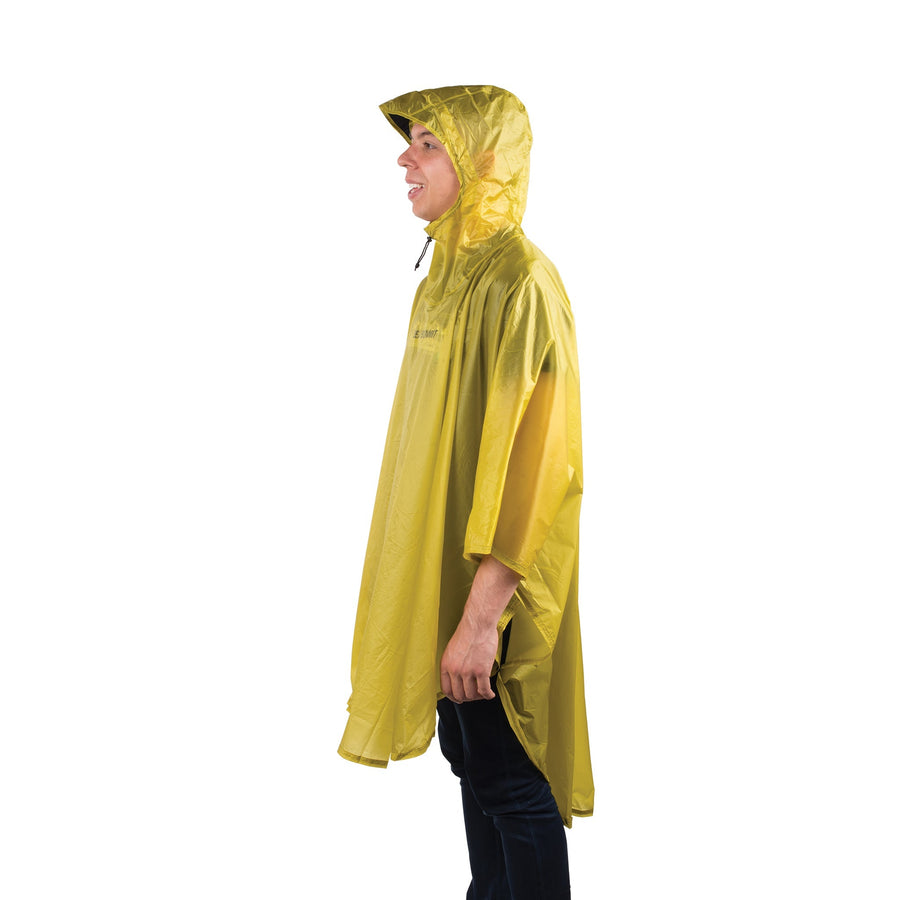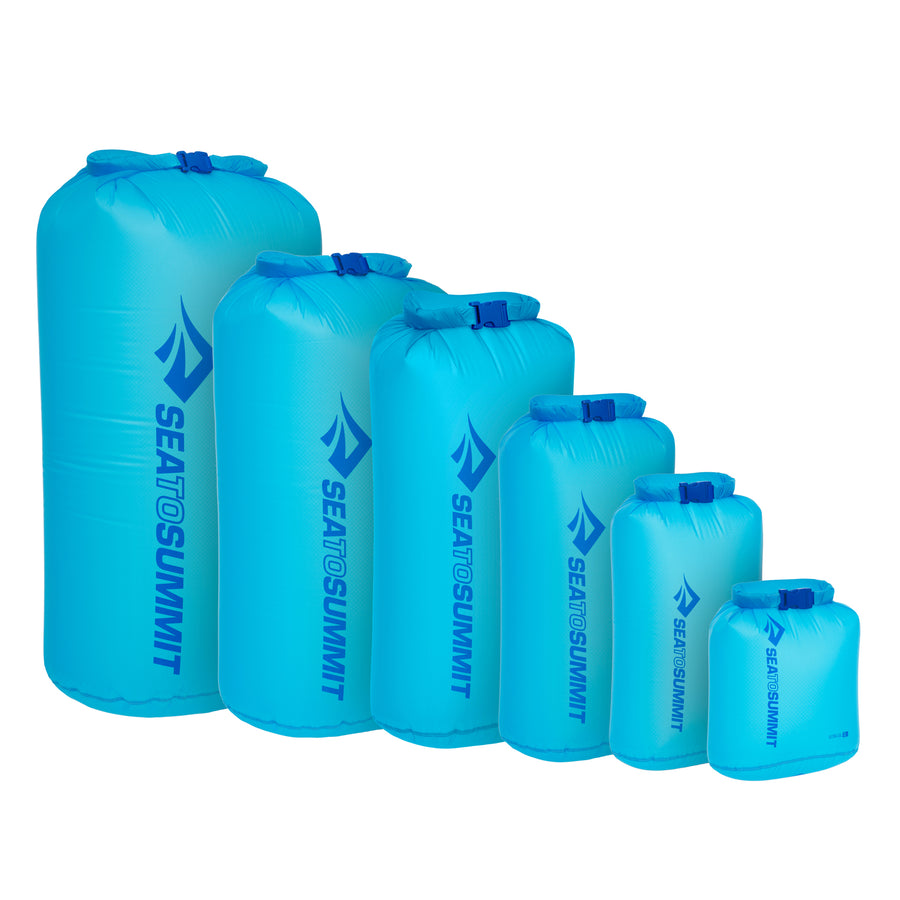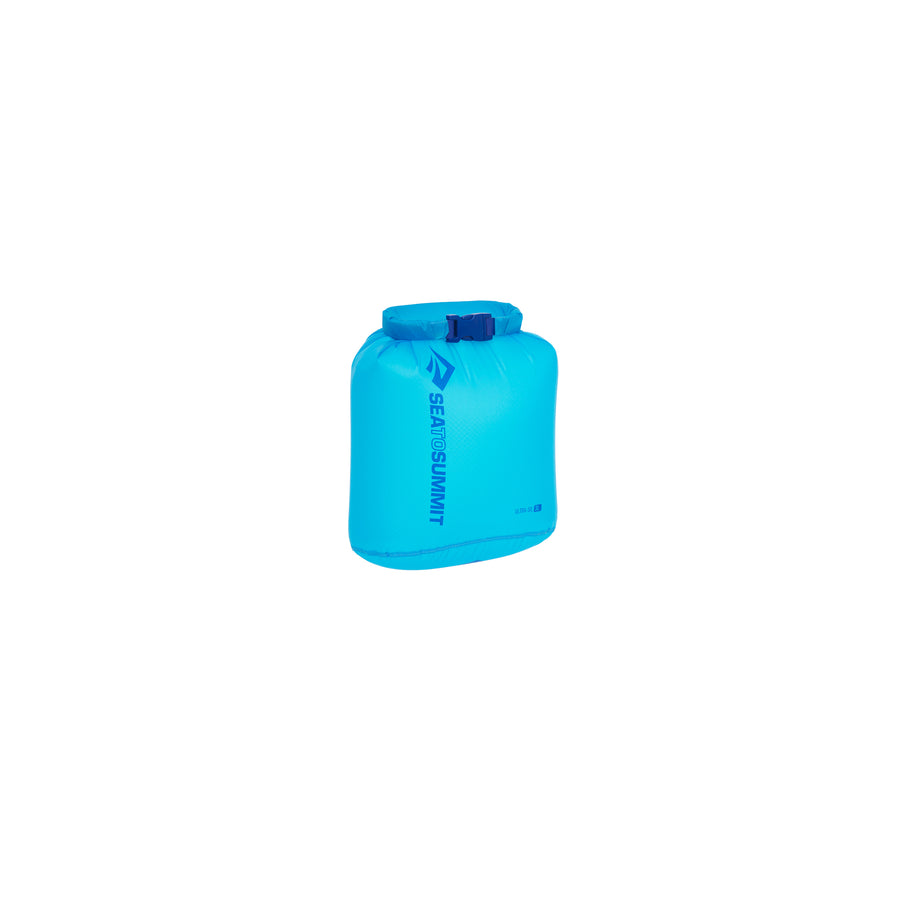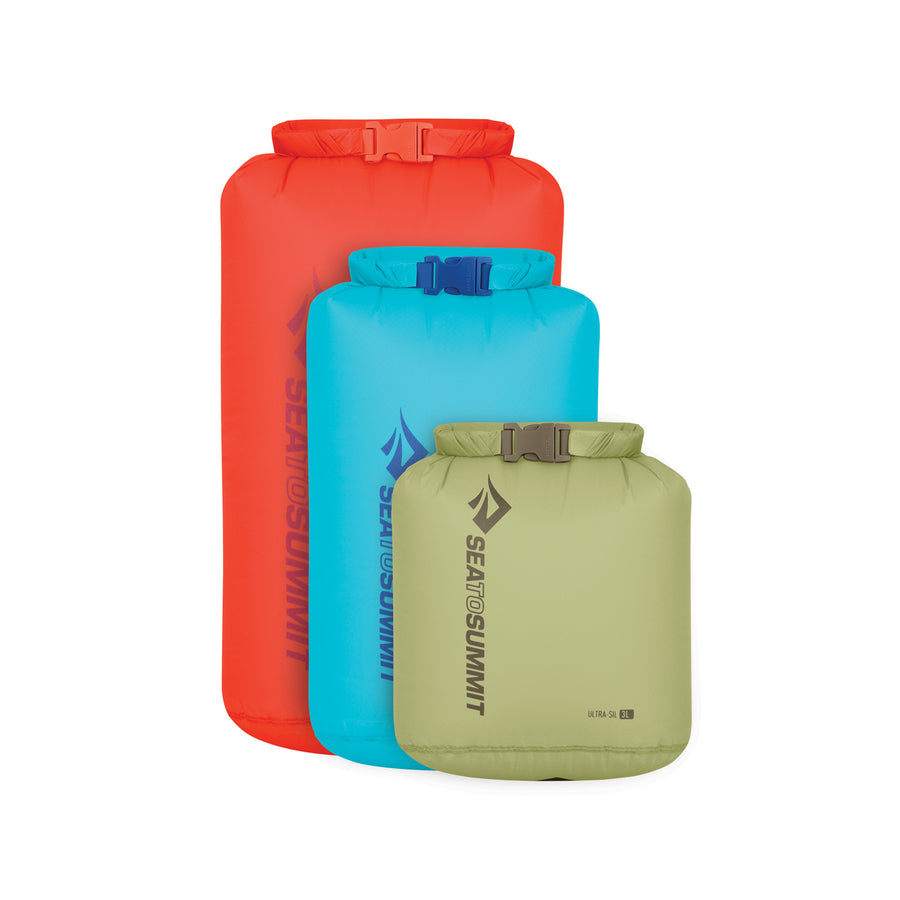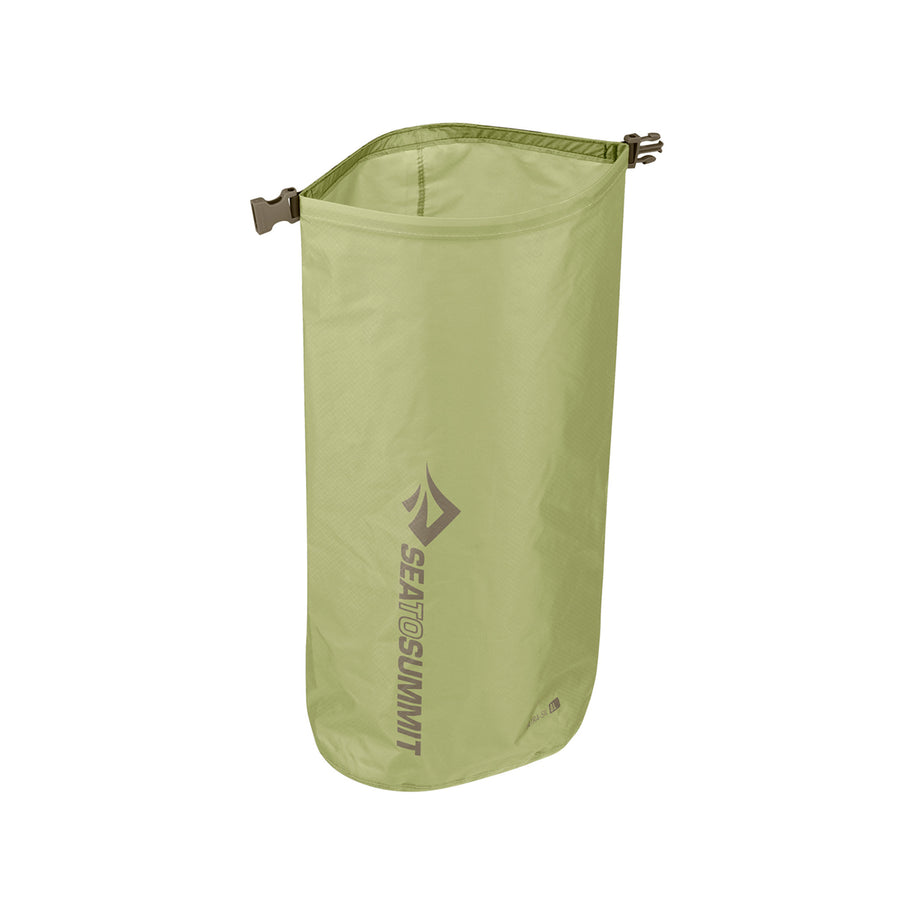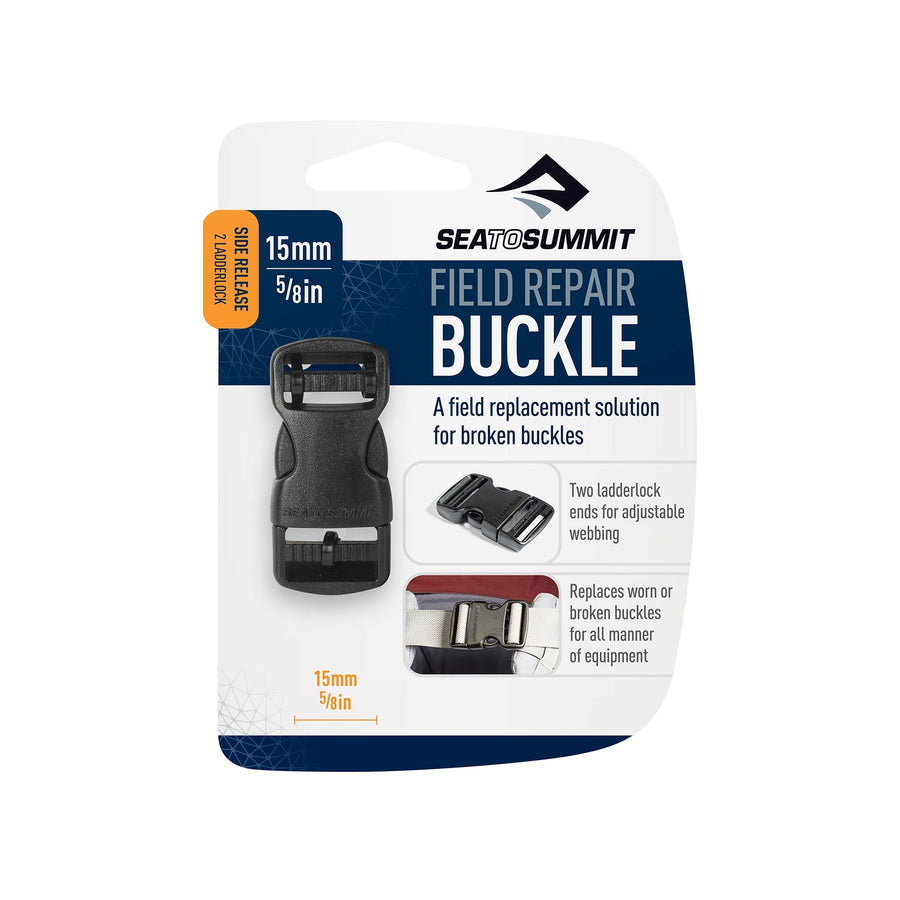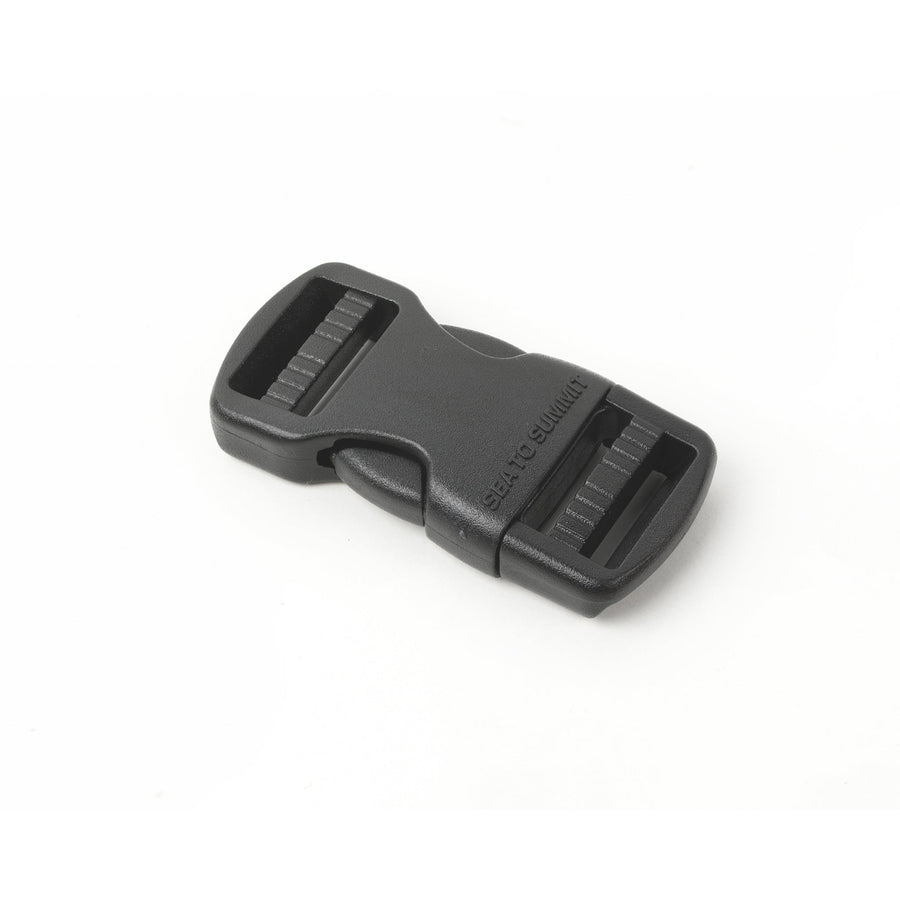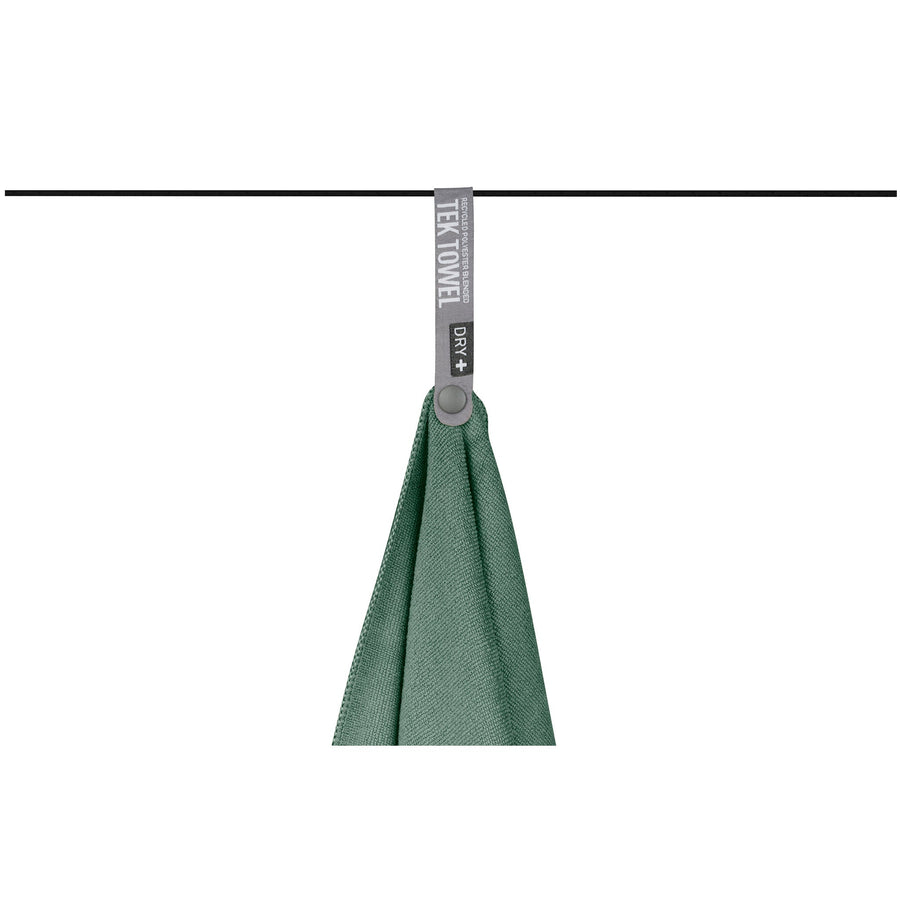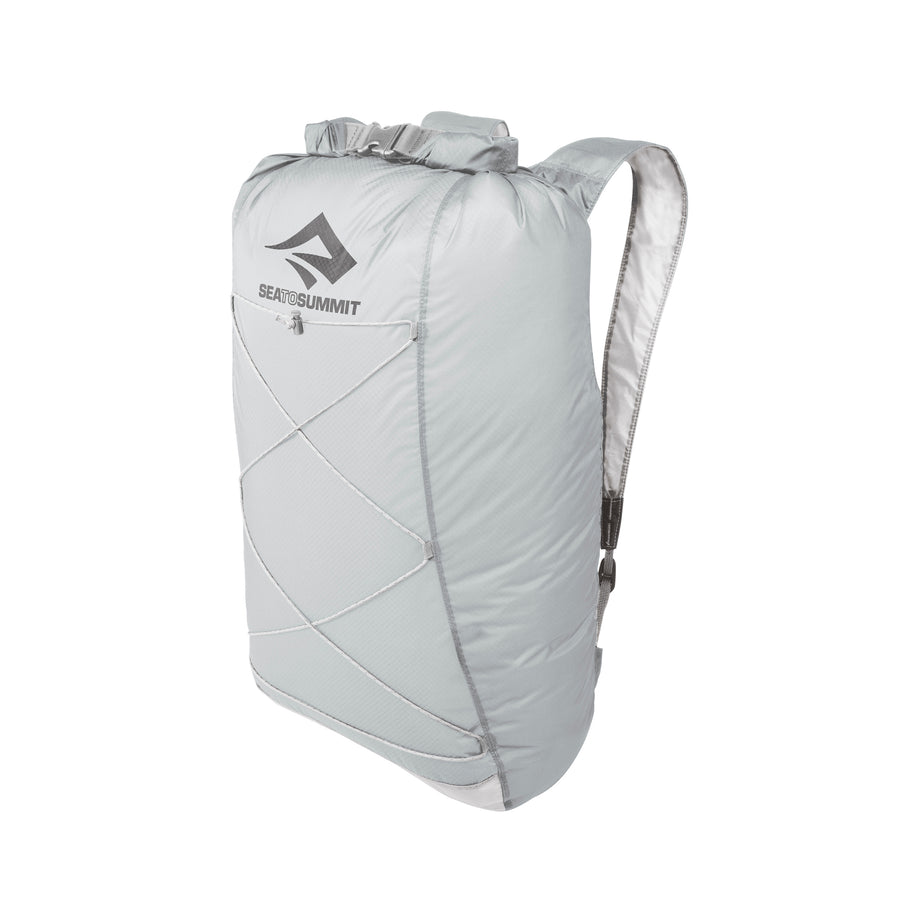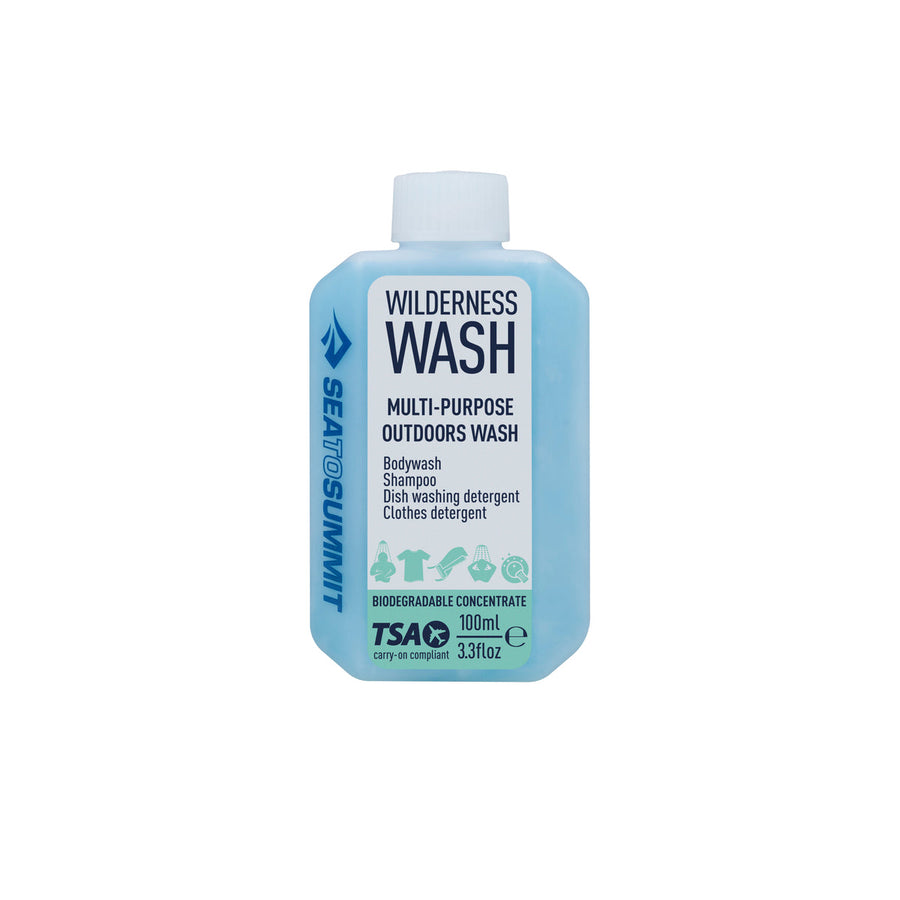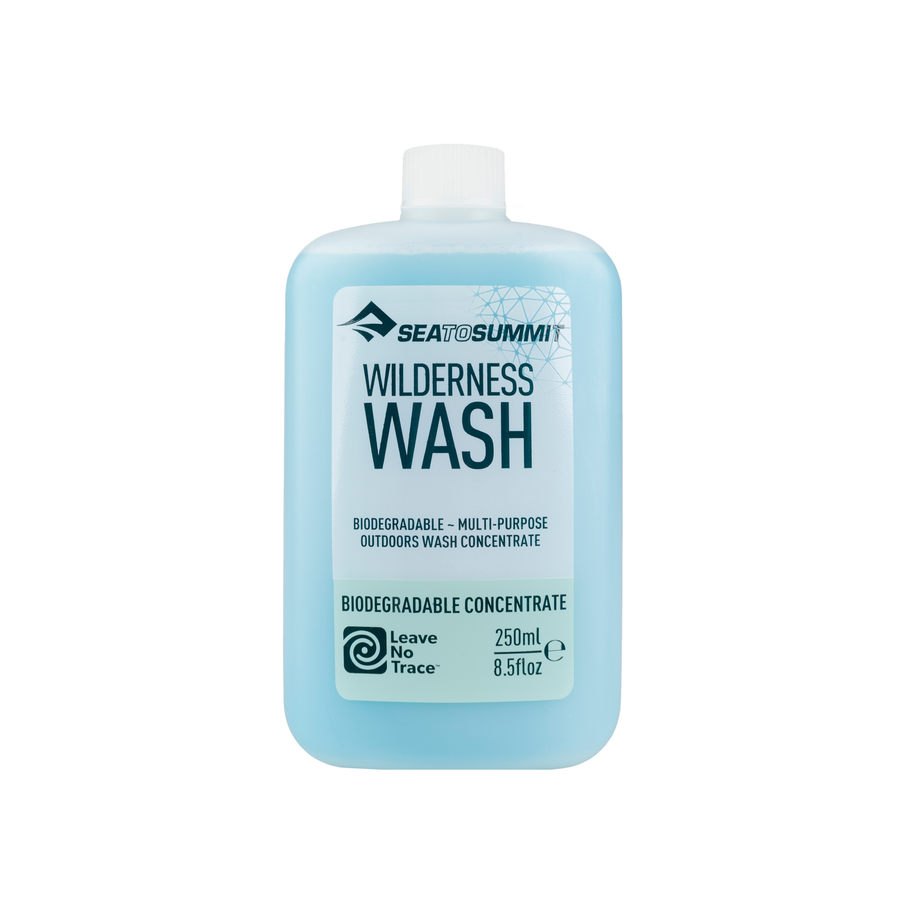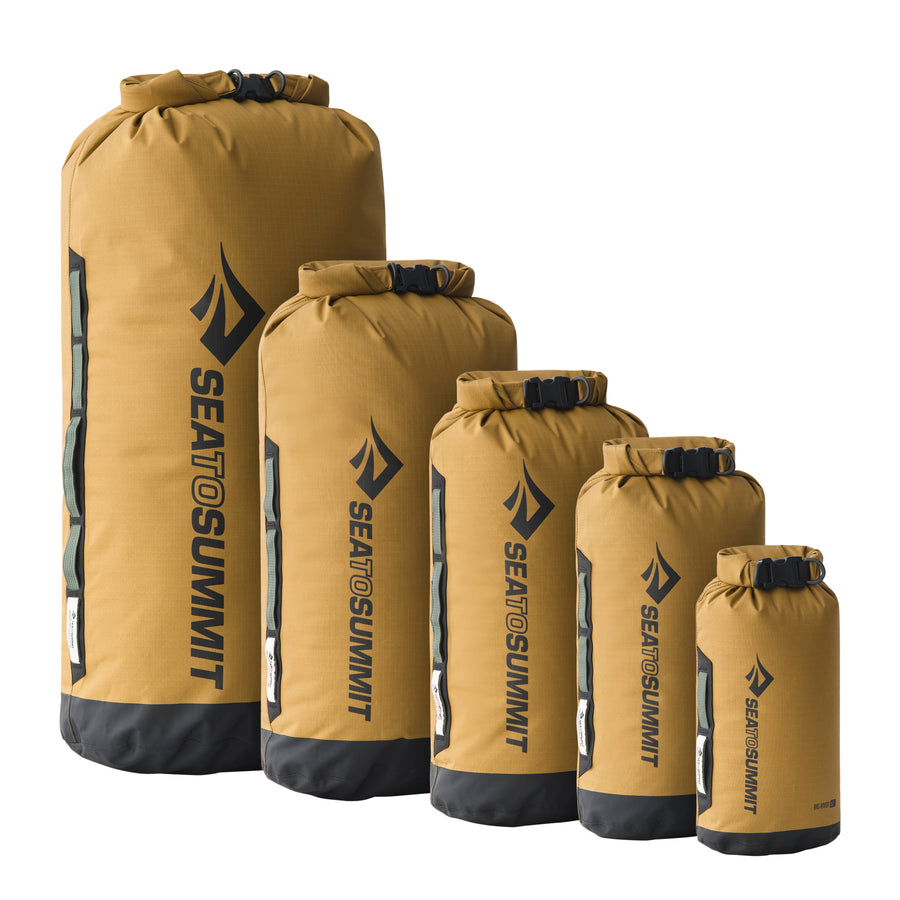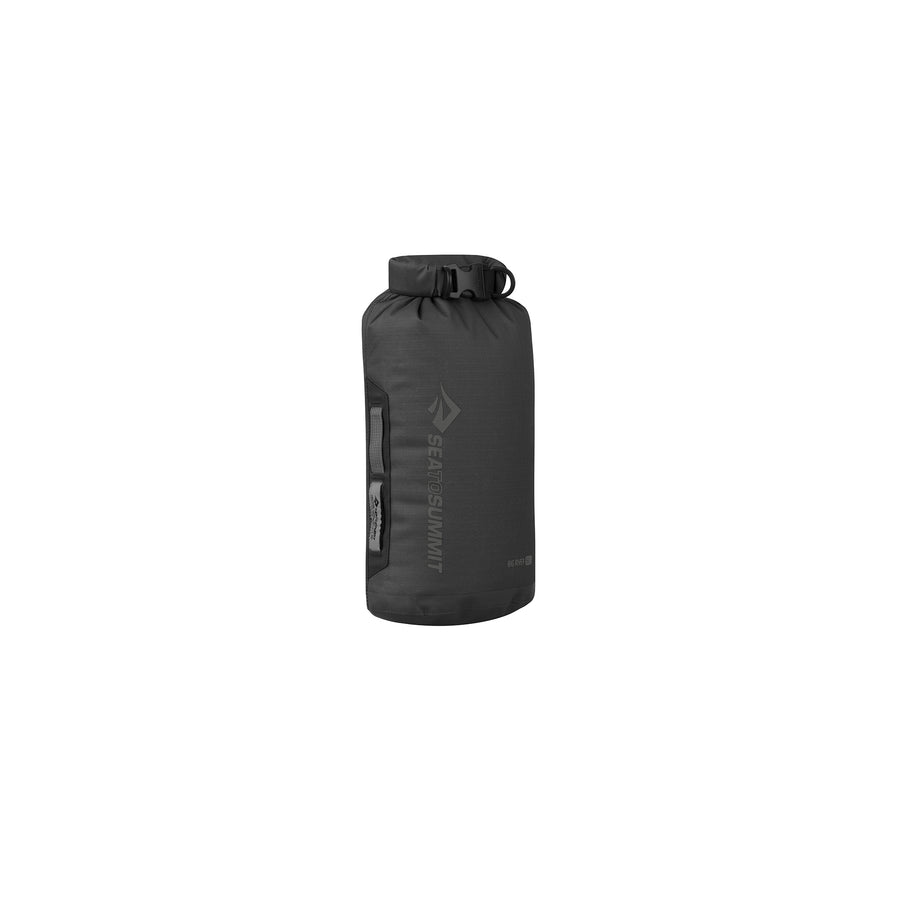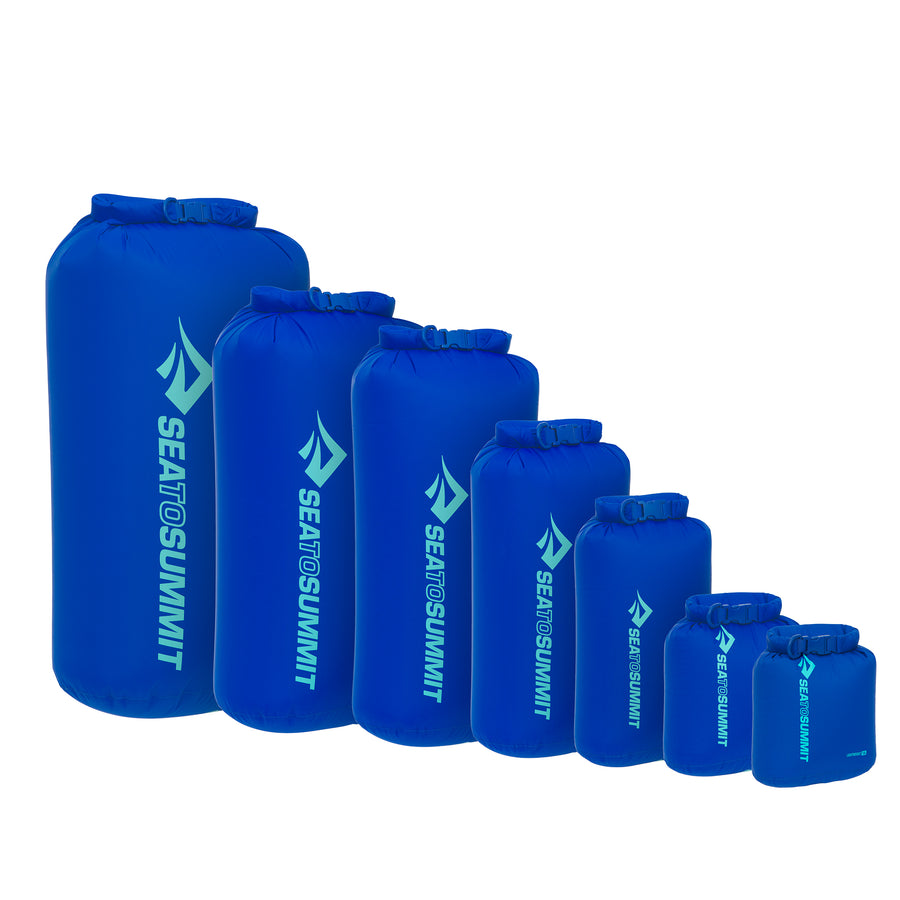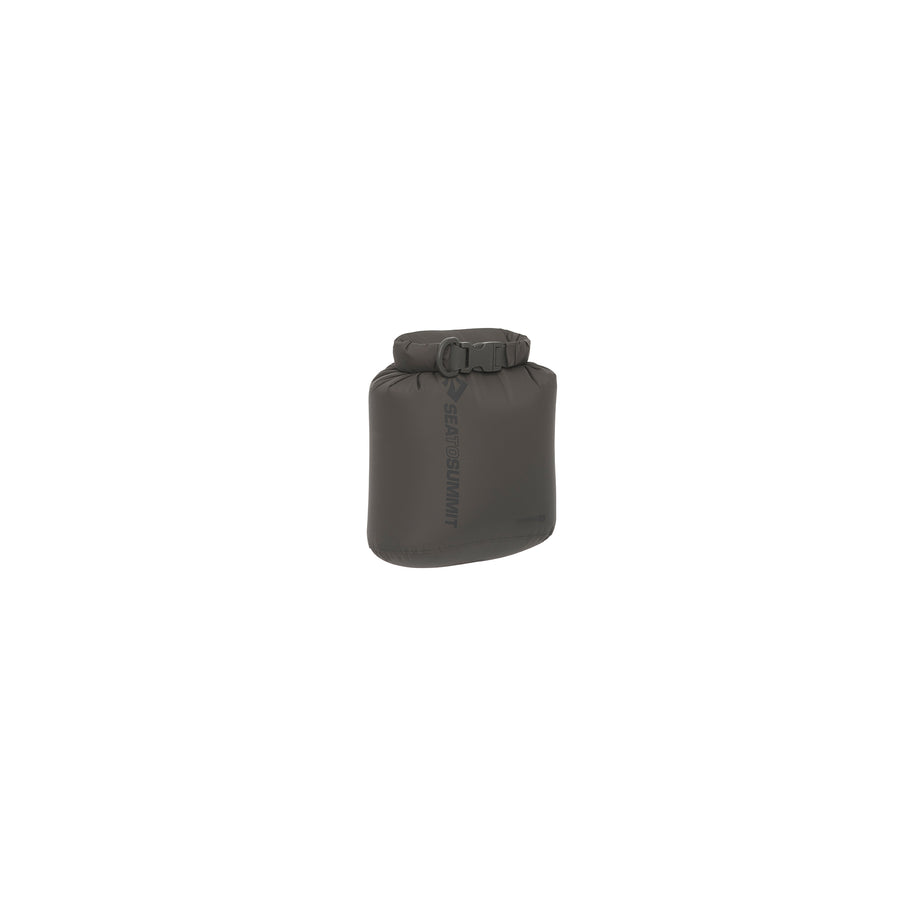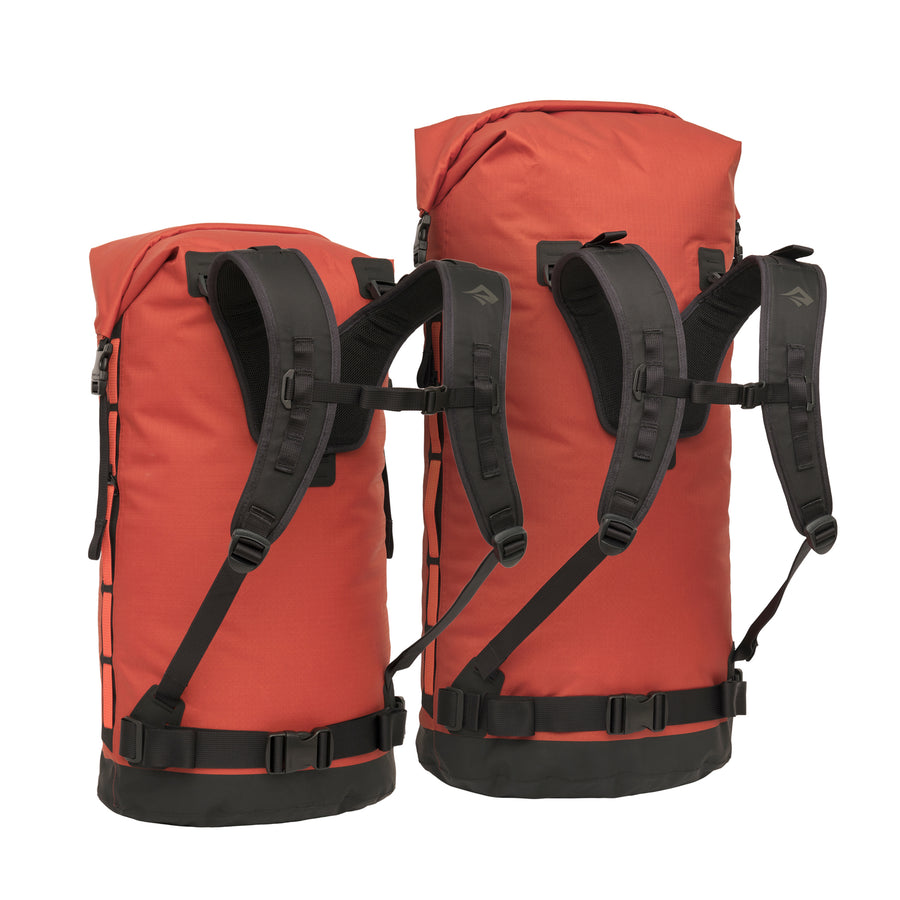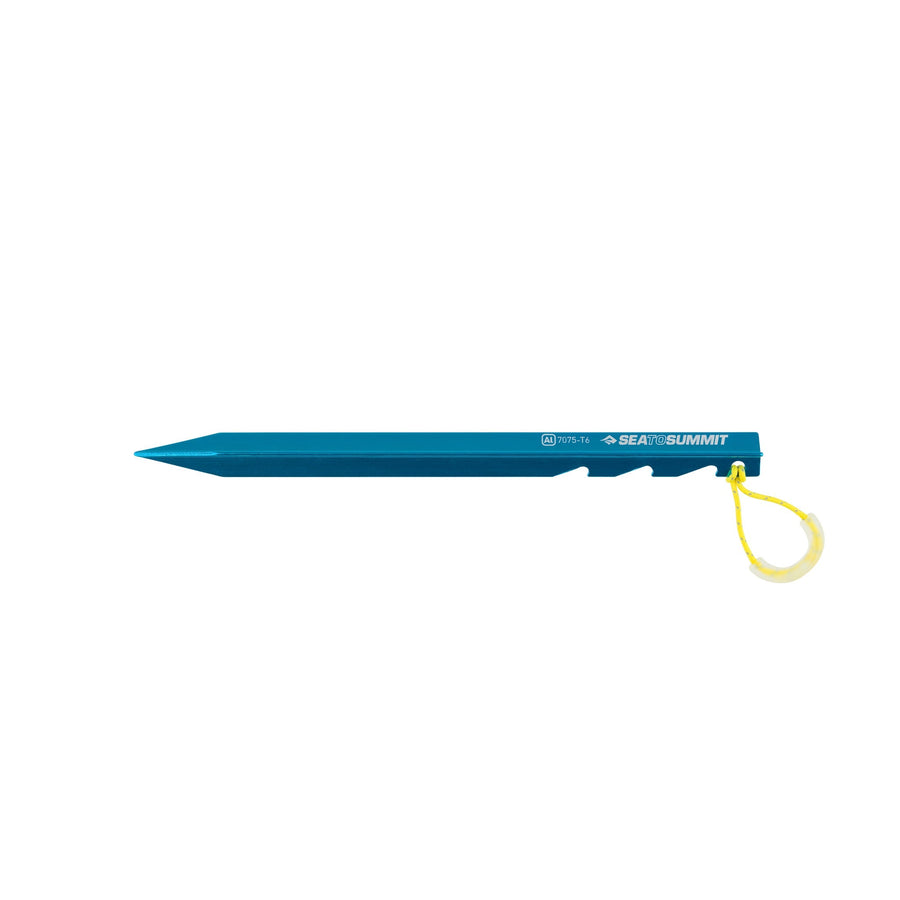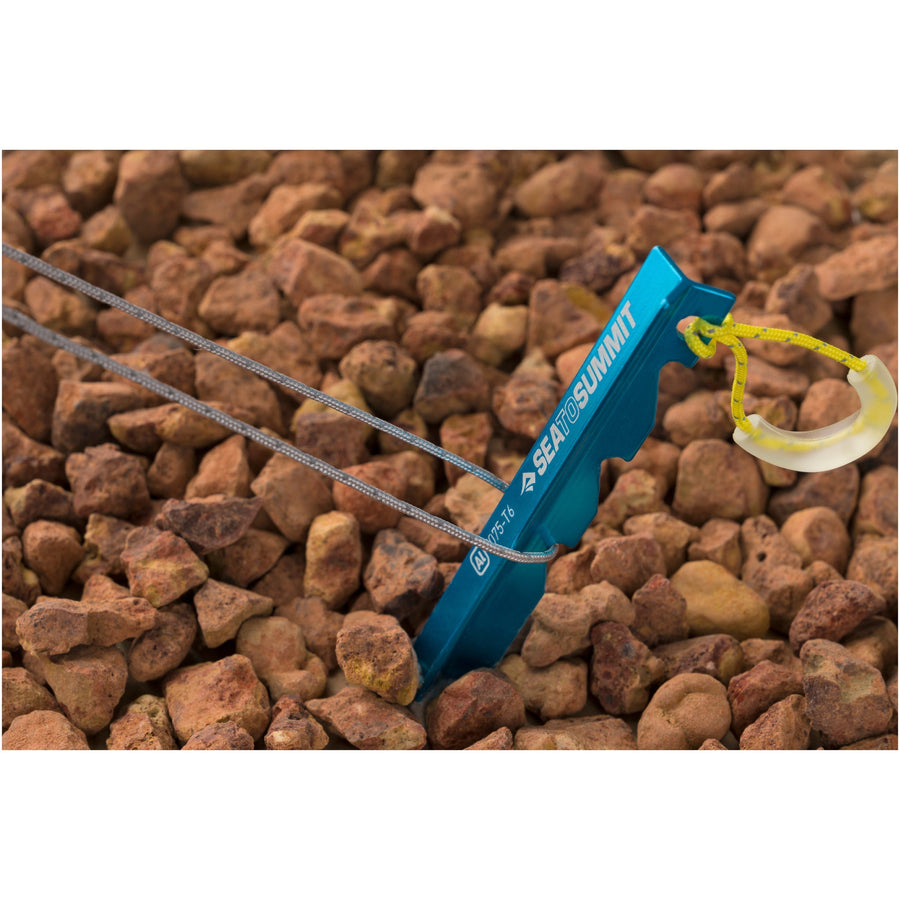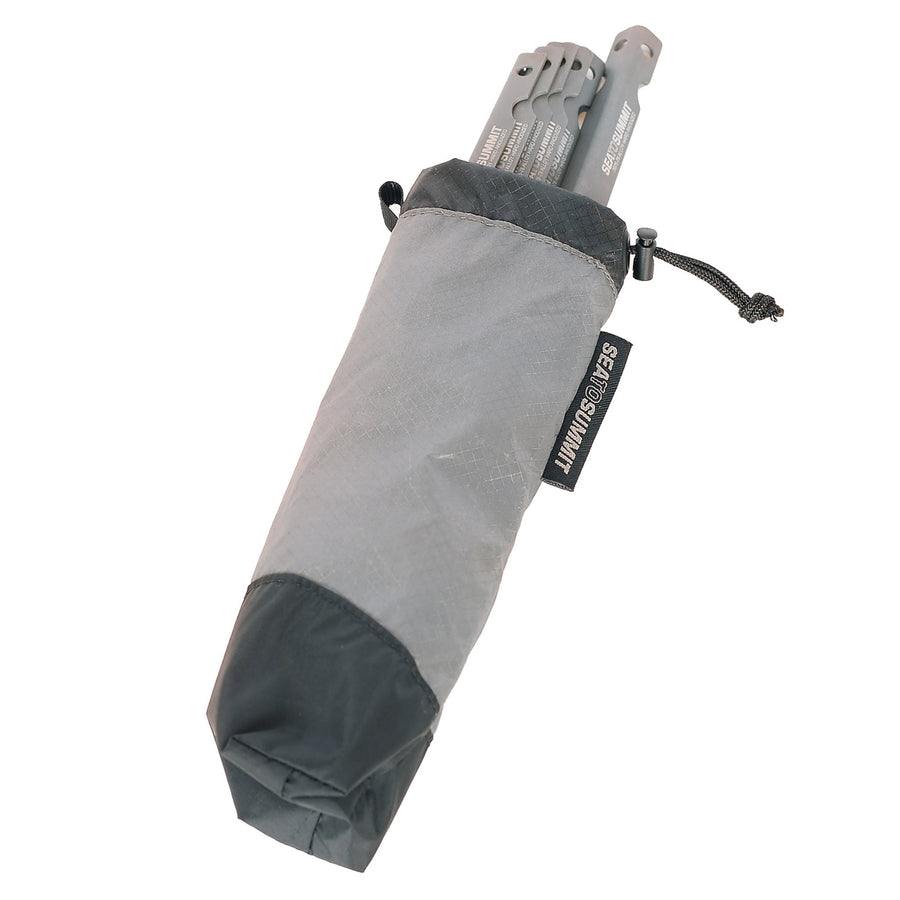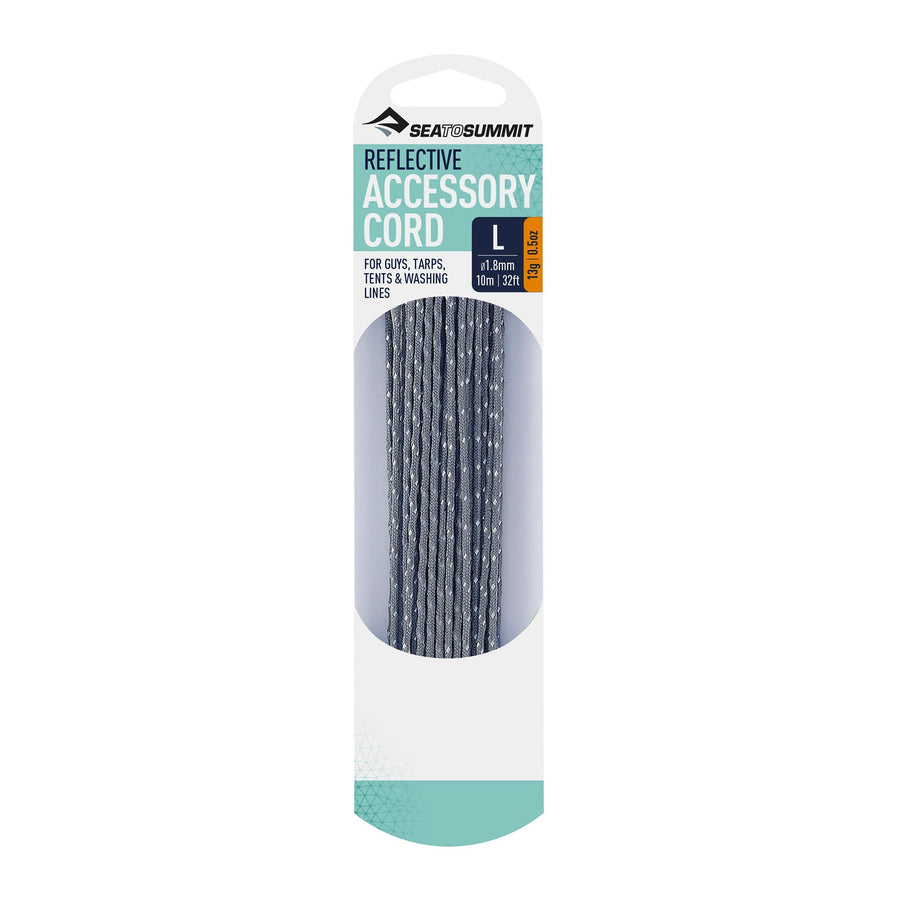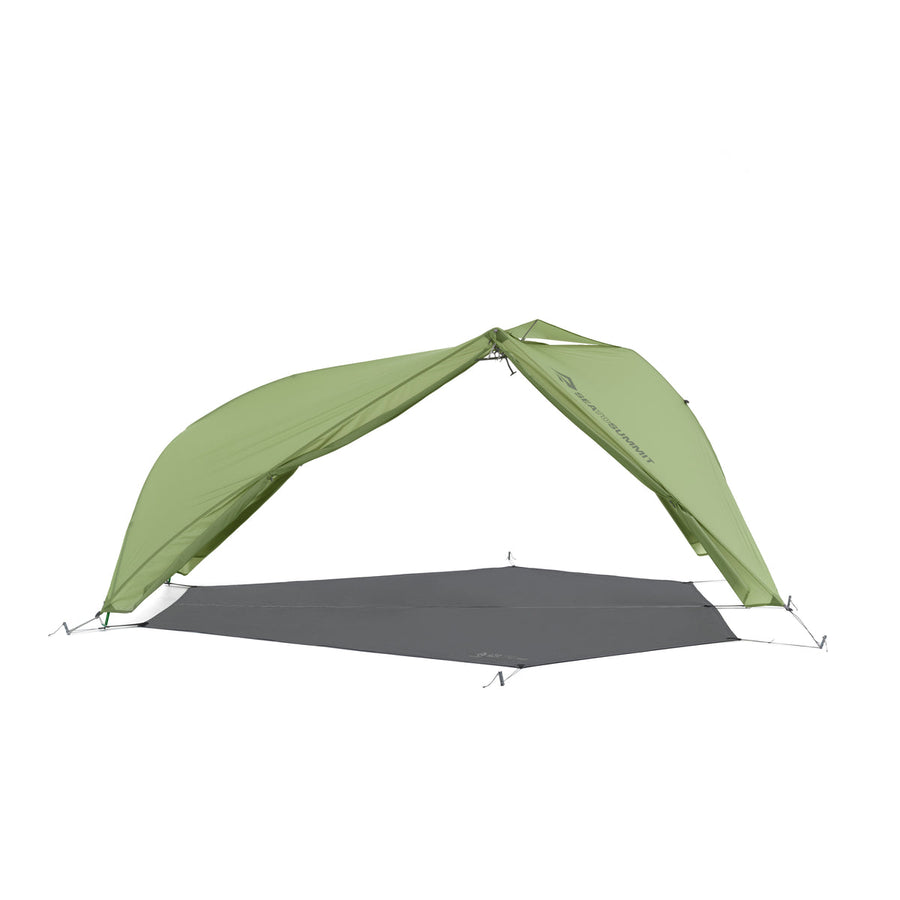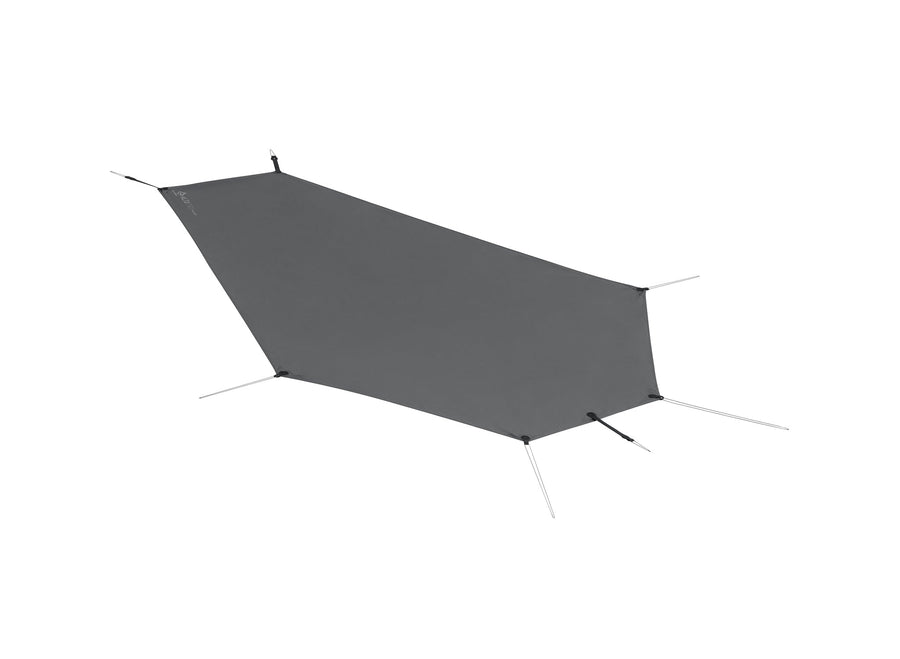Jonas Deichmann und seine rekordverdächtige Radtour von 18.000 km (ENG)

On his way to break the Cape-to-Cape record, extreme cyclist and multiple world record holder Jonas Deichmann met with many challenges—from constant food poisoning and wayward drivers to law enforcement and political riots.
But as the 32-year-old record holder says; that’s what makes it an adventure.
We caught Jonas on some rare downtime to ask him about his recent 18,000km unsupported endurance challenge from Cape North in Norway to Cape Town in South Africa.
Tell us about your latest record-breaking trip, the Cape to Cape.
I set off in September 2019 with photographer Philipp Hympendahl at Cape North, the northernmost point of Europe and aimed to cycle the 18,000km to Cape Town in less than 75 days. Our route went via Russia, the Caucasus and Iran to Egypt and then through East Africa. Philipp decided to stop in Egypt after getting food poisoning and I finished the last 10,000km alone, reaching Cape Town in 72 days—one month faster than the prior world record by Reza Pakravan.
Are you addicted to breaking records?
I like to set myself tough challenges and do expeditions that have never been done before—then it’s always a question of what´s next. But having said that, the experience of the journey is more important than breaking the actual record.

Why do you ride unsupported?
For me this is much more about adventure than performance. Riding with a support car is much faster and easier but it’s not an adventure anymore as someone else takes care of all the challenges apart from riding.
In Africa I got food poisoning three times, struggled with finding food and sleeping spots and dealt with the tremendous logistical challenges alone. But I was also much closer to my environment and could experience the journey more intensely than with a support crew. In the end, it’s the hard moments that make the best memories.
Tell us about the bike you took on the Cape to Cape.
I cycled a Curve Belgie Spirit—it has a titanium frame and I combined it with road bike and cross-country cycling components. I went for a slightly heavier setup but gained in comfort and, most importantly, stability. In Africa there is only one decent bike shop between Cairo and Cape Town, so any serious mechanical issues could have meant the end of the journey, or a massive delay.

What were the challenges you had to overcome along the way?
Apart from the distance, the main challenges were the tough conditions in Africa. I had big problems with the police in Egypt and even spent a night in a prison cell. Then in the Sahara I got food poisoning and couldn’t find enough water and food. It was almost 50 degrees Celsius and there was nothing but sand and wind for 2,000km. Afterwards, I got food poisoning again in Ethiopia and was constantly attacked by children who threw stones at me and tried to put sticks into my wheels. I still don´t know the reason for this but apparently it happens to all cyclists in Ethiopia.
What kind of planning needed to take place before you set off?
The planning was a nightmare. We had originally planned to go through Iraq but couldn’t get the permit to cross a military checkpoint outside Baghdad. We still didn´t have all our visas in place when we set off from Norway, and needed a second passport to send to Georgia for the last visa. I was also in close contact with several German embassies that kept me up to date with the current safety situation in the Middle East and preorganised all bike shops where I could get supplies.
‘To combat boredom, I sing on the bike and plan my next big adventure, so I have something to look forward to.’
We heard you got caught up in violent riots on your journey. What happened?
In Southern Ethiopia I cycled into a town called Zigway. All roads were blocked with stones and burning car tyres while hundreds of people were running through the streets throwing stones and shouting. I retreated into a fenced hotel to figure out what was happening. I continued on the next day when it seemed calmer but got into even bigger problems 50km south as the mob had turned violent. Luckily, there was always someone with authority that protected me and helped me escape. An ethnic conflict had erupted and over 20 people were killed.
What sacrifices did you have to make to break the record?
To break the record, I never took any rest days. I cycled 10–12 hours every day and slept around five per day. The last two weeks I increased it to 13–14 hours riding and four hours of sleep. My body could take that for a few months but when I arrived in Cape Town I slept for around 12 hours a day. I needed 2–3 months to recover from it.

Do you ever get bored on long-distance trips?
Yes, sometimes I have a few thousand kilometres of flat roads. To combat boredom, I sing on the bike and plan my next big adventure, so I have something to look forward to.
What is your favourite way to camp on these kinds of trips?
Most of the time I just slept with a mattress and sleeping bag close to the road for a few hours, as this is the fastest way to rest. Bus stations, behind gas stations, fields and similar places make good spots. In Africa, I also slept a few times in mosques, restaurants and police checkpoints for security reasons.
I used Sea to Summit’s UltraLight sleeping mat and a Spark II down sleeping bag to keep warm. I also carried an ultralight tent for emergencies but only pitched it a few times in bad weather.
You talk a lot about the art of never giving up. Is this a quality you have or a skill you had to learn?
The longer the journey gets, the more it becomes a question of the right mindset and the ability to keep motivated. The techniques I use for this can be learned and are the topic of the motivational speeches I give to different companies.
‘The secret is to break big goals into small ones. I didn’t cycle 18,000 km, I cycled 250km to the next chocolate bar—and I like chocolate.’
Do you think there’s a point in an expedition where it’s better to give up?
Yes, I will always stop if I risk permanent physical damage or decide that it simply has become too dangerous. Though it’s very important to set rules for this at the start, as I won´t be in the condition to make a qualified decision when I am at my limit.
What life skills do you learn and strengthen on journeys like Cape to Cape?
You get a very strong mindset and learn to reach your goals despite the conditions. When you get through these kinds of challenges, you become very confident and optimistic—and most other challenges seem pretty small afterwards.
Then you also learn about project management, logistics and how to live with very different people and cultures etc. under extremely tough conditions. This strengthens you in your business and private life and is probably the best life training course I can imagine.


How do you stay positive during the hard times?
I’m always positive and never doubted for a second that I wouldn’t be successful. The secret is to break big goals into small ones. I didn’t cycle 18,000 km, I cycled 250km to the next chocolate bar— and I like chocolate.
I always use positive words that express optimism. You can´t leave yourself an exit door open during your challenges as it offers you an excuse when times get tough.
What’s it like cycling through Africa versus Europe?
Africa is completely unpredictable and much more challenging. There are always surprises and delays—like long sections of gravel, no food, police problems or stomach issues. Also, climate and terrain are much more challenging. But also, people are much more friendly and I simply love it to be at places I have never been before. Africa can be very frustrating when you are on a record-hunt but the adventure is also more intense than in Europe.
How long can you keep still and relax?
After a few days I need to move and do something exciting. Just lying on the beach isn’t my kind of vacation.
Mentally, I am happy it’s over but after a few days I focus and start preparing for the next big challenge. I always have the next big challenge in mind before finishing a project, as this gives me purpose and direction. Otherwise, I would feel empty—as everything I have done for the past months is suddenly gone and everything else feels small in comparison.
‘Most people simply want to have a good and peaceful life with each other and don’t want to be involved in the conflicts we have in the world. I met the most hospitable people in Iran and Sudan, the two countries that ruin my passport for future US visits.’
How safe is a journey like the Cape to Cape?
Cape to Cape was definitely the most dangerous journey I have done so far. However, the biggest risk wasn’t people, animals or conflicts (as a lot of people believe). Traffic is the main risk on any cycling journey—and the Cape to Cape route has its fair share of particularly bad drivers and roads.

Do you have a safety plan for trips like this?
I do my research about safety along the route and have different behaviour plans for risky situations. But, in reality, you simply don´t know before what’s going to happen. You decide in the moment. I had to adapt my original plan a few times due to safety and rely mostly on recommendations from locals, as well as my past experience of extreme situations.

What were your favourite memories from this trip?
Riding at night on a lonely road through the vastness of the Sahara and the many amazing encounters with locals in Africa and Iran.
What did you learn by doing the Cape to Cape?
I cycled through a few countries with a very bad reputation in the media but got an incredibly nice reception. Most people simply want to have a good and peaceful life with each other and don’t want to be involved in the conflicts we have in the world. I met the most hospitable people in Iran and Sudan, the two countries that ruin my passport for future US visits. So, don’t let politics and media shape your view of the world.


You said you were interested in exploring different disciplines after you completed this trip, what’s next for you?
That´s top secret. I will announce my next project in February and set off in July. It will be much harder and longer than Cape to Cape and no one has ever done anything similar so far.
Tell us about the documentary coming out this year.
Together with two Scandinavian filmmakers, we‘re producing a documentary about the adventure. They came to a few locations for filming and the rest I filmed with my GoPros. We’re launching the film in early September 2020 in cinemas and at some cycling shows, before making it available online.
Photo credits: Philipp Hympendahl and Pasi Sauna-aho!
